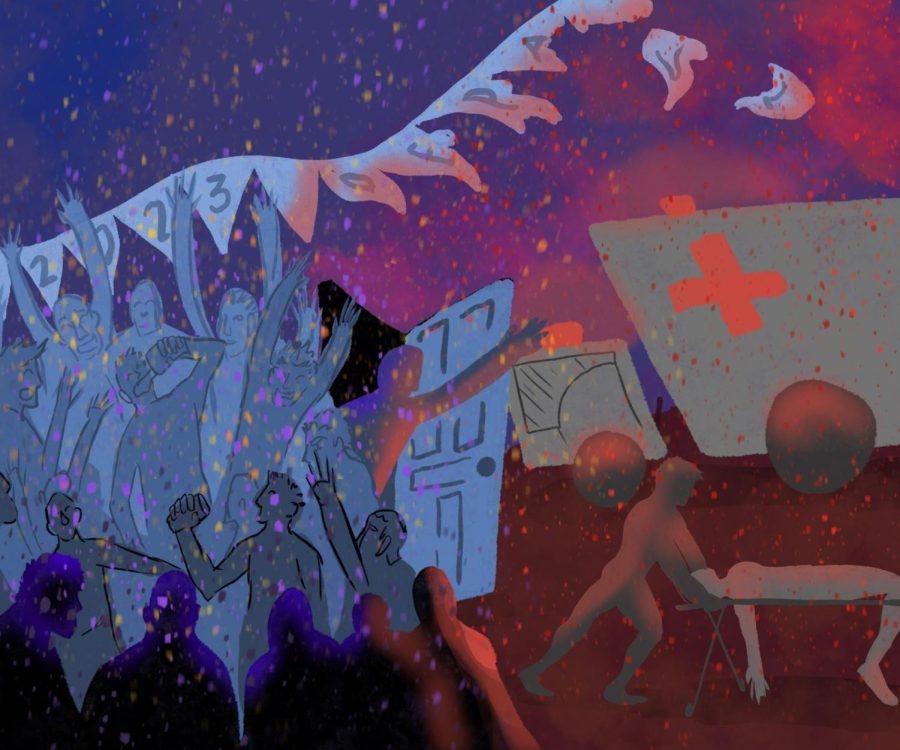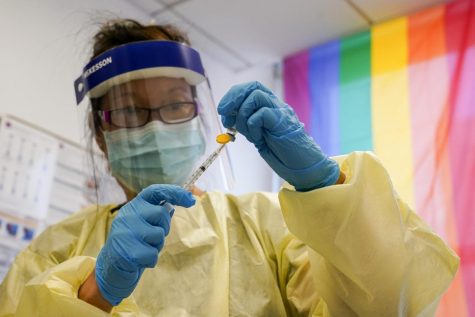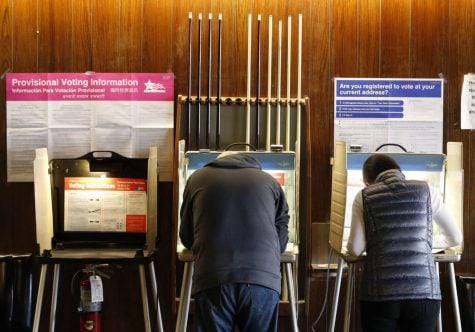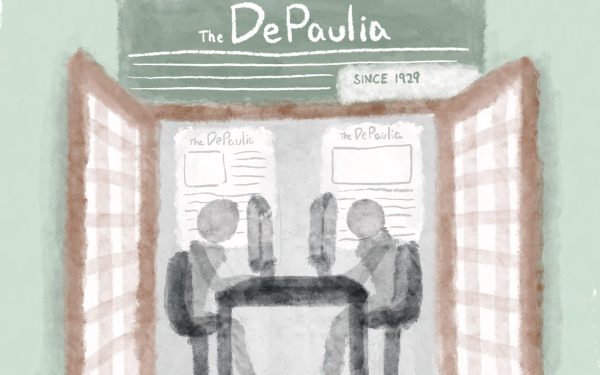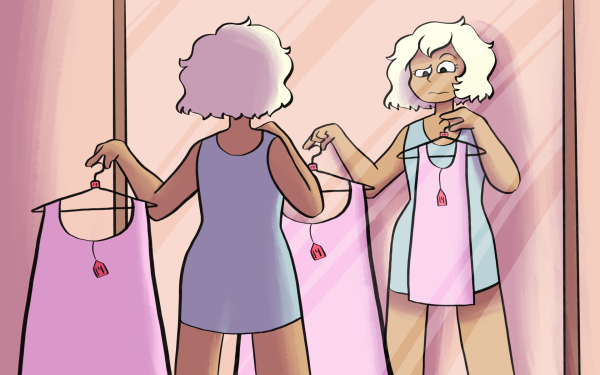OPINION: New year, sober DePaul: Drinking culture focuses on harm reduction
A five-minute walking distance from DePaul’s Lincoln Park campus is easy access to several college bars and convenience stores where rows of alcohol line the aisles and the occasional frat or house party. For some students, these places fill their weekend nights as they wake up the next morning with little to remember.
But for many, drinking does not engulf their social lives, as “dry January” is their everyday reality throughout the school year.
“Based on what the Alcohol EDU surveys have shown, about 60% [of students] have decided to abstain and an additional 25% have identified themselves as non-drinkers,” said Kayla Turner, misuse prevention specialist with the Office of Health Promotion and Wellness. .
Alcohol EDU are required alcohol and substance use modules and surveys given to all DePaul freshman and a standard at most colleges. Even though the modules can be lengthy and somewhat repetitive, they do provide important information on safe drinking amounts when dealing with different types of alcohol and settings.
“I think that DePaul students have the education to make the choices they feel comfortable with,” Turner said.
Required alcohol transports to medical facilities on campus have also decreased since last year according to Mary Hansen, manager of university marketing and communications at DePaul.
“Since the beginning of the academic year, nine students have been transported from campus to medical facilities for alcohol-related incidents,” Hansen said. “During the same period last year, 22 students were transported.”
For many students living in a city like Chicago, endless amounts of activities are available that can be participated in sober. While partying and drinking are still present, it does not make or break the social circles you will find at this school.
“It depends on where you look, and if you’re going to drink you’re going to find other people that are going to drink with you. But I don’t think it’s necessarily the biggest part of DePaul’s social crowd,” freshman Zoe Holm said. “I think it would be a lot harder to not drink at a state school because I think that’s what people at state schools do a lot more frequently. Here, you can do a lot of things sober.”
The stigma around drinking to have fun at college still completes many students’ perceptions of the college experience.
“Freshman year I talked about how I hated St Patrick’s Day because I hate being around drunk people and a girl told me I shouldn’t even have bothered coming to college,” a DePaul student that requested anonymity said. “That really annoyed me as my sister was freshly out of rehab at that time and just being around alcohol made me emotional.”
While a school like DePaul may not have a mile-long fraternity/sorority row with 200-person ragers every weekend, it is imperative to continue to support students and friends that choose not to participate in substance culture.
Alcoholism is a disease that continues to affect the people closest to us and strangers alike.
“Over the last 12-month period, 140,000 people died of alcohol-based issues. That’s more than the people that have died from opioids which is closer to about 100,000,” Leonard Jason, Director of the Center for Community Research said. “So, when you think about 140,000 people dying, that’s a huge number. That suggests that this is a significant problem for DePaul, for the nation.”
The Office of Health Promotion and Wellness offers training and workshops around substance use, as well as offering group and individual interventions.
“We also provide education around recovery,” Turner said. “When we think about substance use we know that there’s a very huge stigma around that. So being able to educate the DePaul community on how to become a better recovery ally even if you yourself are not going through recovery.” More information can be found on the office’s DeHUB page.
While the stigma around college drinking culture is normative around almost every single campus, many students do not act on this perception. Continue to support yourself, friends and family that decide not to binge drink when going out and leave your FOMO in 2022.


